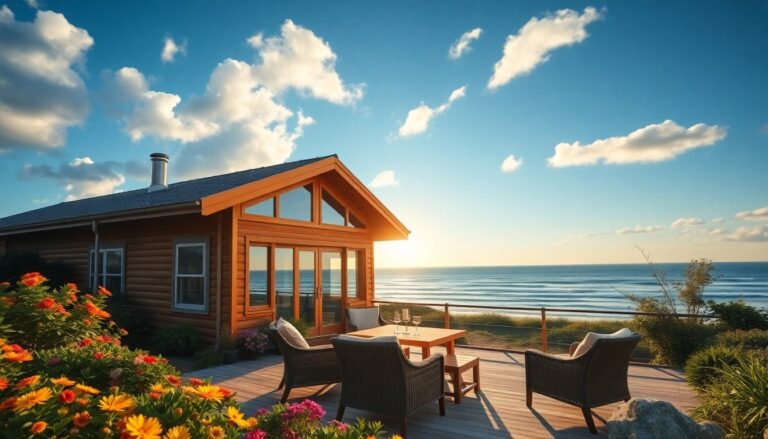Acquiring a second home is a transformative decision, often seen as a dream realized that offers both leisure and investment potential. Whether it’s a cozy retreat by the sea, a mountain hideaway, or an urban flat, making an informed choice is vital. This guide outlines essential considerations and practical tips to ease the buying
journey and make it enjoyable.
One of the primary elements to consider is the location of your future home. Beyond the allure of tourism, accessibility and available amenities are crucial in determining the property’s long-term value. A residence in a conveniently reachable area is likely to maintain its worth over time.
Key factors in choosing the right location
When evaluating potential locations for your second home, keep several factors in mind:
Accessibility and convenience
Consider how easy it is to reach your chosen destination. A property near major transportation links or urban centers can enhance your experience and encourage more frequent visits. Additionally, assess the local infrastructure and services available, such as grocery stores, healthcare facilities, and recreational options. These elements significantly contribute to the overall appeal and practicality of your second residence.
Local market dynamics
Understanding the real estate market in your
desired area is essential. Research trends, including historical price fluctuations, rental demand, and future development plans. This information can provide insights into whether your investment will appreciate over time. A strong local market with balanced supply and demand can ensure that your property remains a viable asset.
Establishing a solid budget
Before starting your property search, outlining a realistic budget is crucial. Knowing your financial limits streamlines the process and prevents overspending. Beyond the purchase price, factor in additional costs that might arise.
Budget considerations
When drafting your budget, consider the following expenses:
- Taxes:Property taxes can vary significantly based on location and should be factored into your calculations.
- Notary fees:Engaging a professional to handle the administrative process is often essential.
- Renovation costs:If the property requires updates or repairs, estimating these expenses early is wise.
- Maintenance costs:Regular upkeep can add to the long-term expenses of owning a second home.
Conducting thorough due diligence
Before finalizing your purchase, performing comprehensive due diligence is essential. This process includes reviewing documentation that assures the legitimacy and condition of the property.
Key documents to verify
Ensure that you obtain and review the following documents:
- Certificate of habitability:This confirms that the property meets safety and livability standards.
- Land registry documents:These provide insight into property boundaries and ownership.
- Mortgage verification:Check for any existing loans or liens that could affect your investment.
Working with an experienced notary can streamline this process. They will assist in verifying documentation and drafting the sales contract, safeguarding your interests as a buyer.
One of the primary elements to consider is the location of your future home. Beyond the allure of tourism, accessibility and available amenities are crucial in determining the property’s long-term value. A residence in a conveniently reachable area is likely to maintain its worth over time.0

